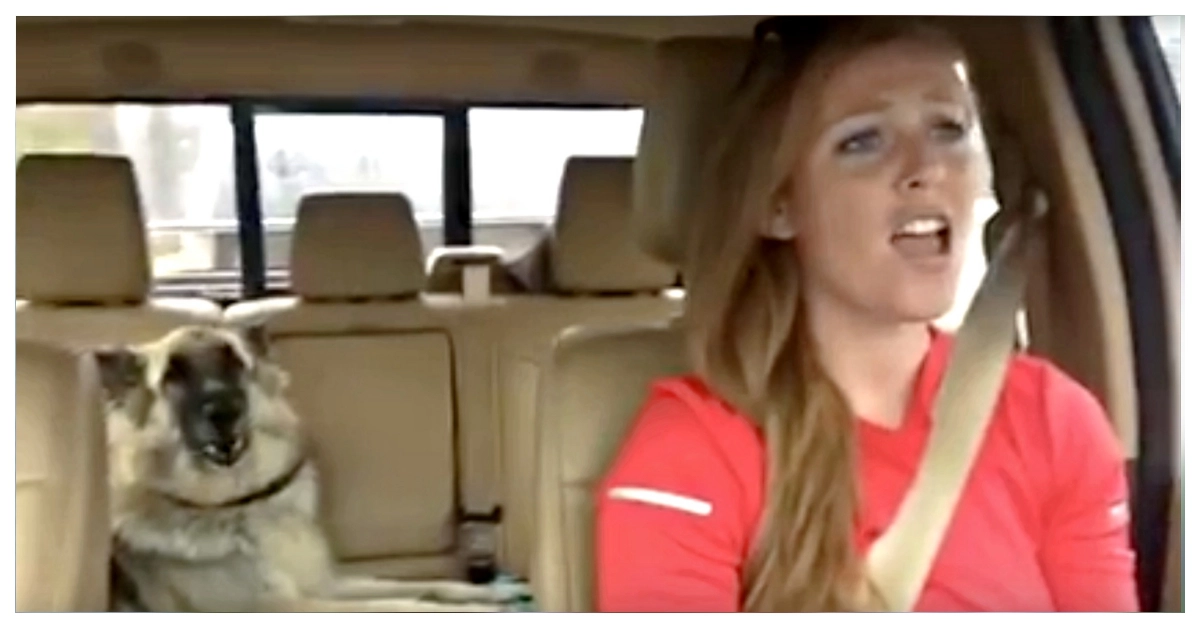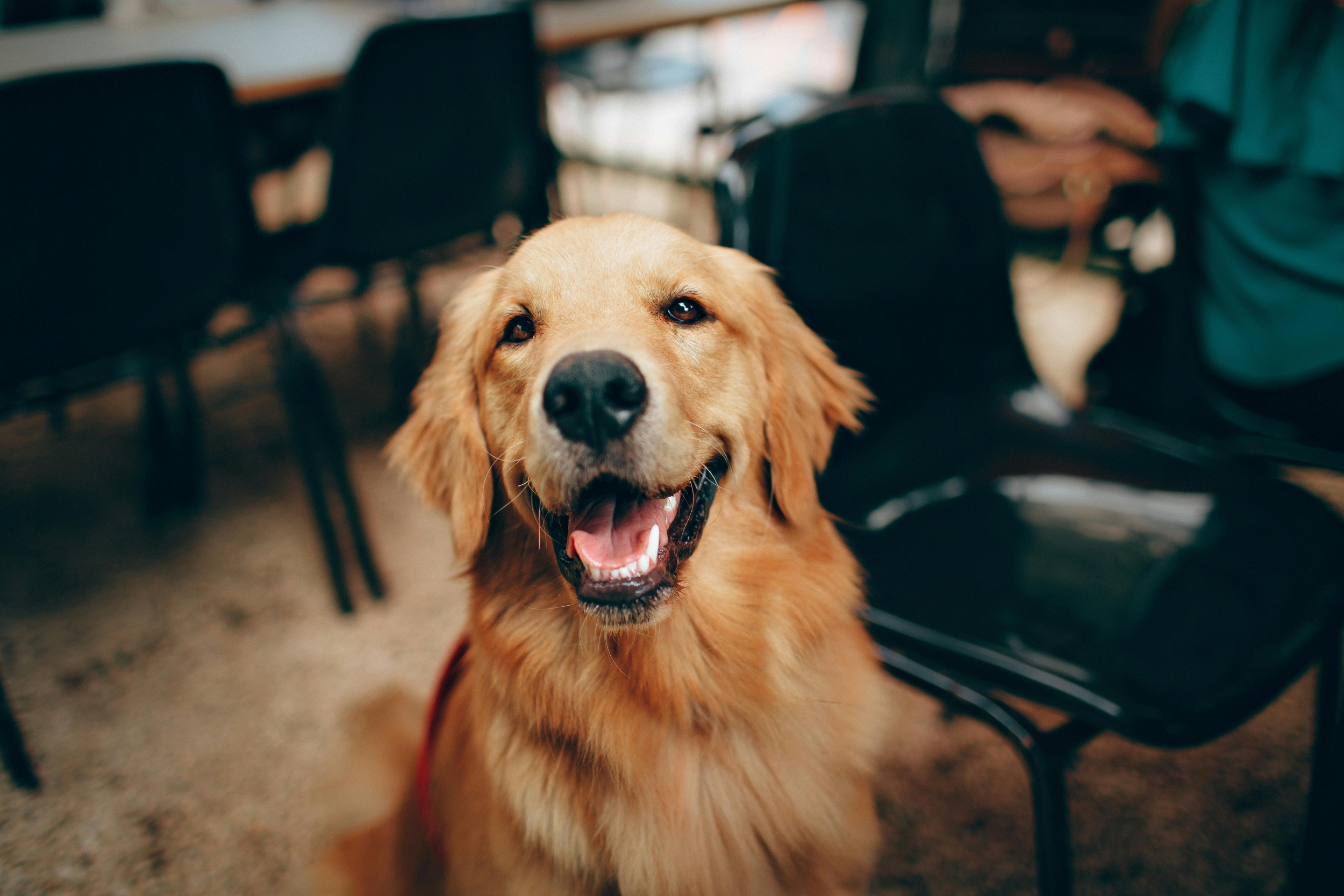Following confusion and concern around the new US border rules for Canadians travelling with dogs, there has now been an easing of some regulations.
In a press conference on Wednesday morning, Canada’s Health Minister Mark Holland said the updated American rules had “come as a surprise” to Canadian officials.
The new rules were announced in May and include several updated requirements for Canadians and travellers from other countries entering the US via the airport, land border crossing, or seaport with their dogs as of August 1.
Holland noted that the new US policy is “writ large [because] they want to continue to protect their country against rabies.”
“But we believe it makes sense to have a policy that protects our hemisphere rather than for having two different policies for two different countries,” he continued.
More clarity for Canadians travelling with dogs
Holland said that after speaking with US officials, there’s more clarity about the US policy and what it means for Canadians.
Those worried about the August 1 enforcement can breathe a little easier, noted Holland.
“We’re waiting on confirmation, but there is going to be a grace period where folks are given a warning at the border for the first couple of months so they don’t just have this policy jumped on them … August 1 is very close,” said the minister.
The CDC has also removed the requirement for the Canadian Food Inspection Agency (CFIA) to independently validate veterinary certificates.
This issue could have impeded Canadians and their dogs from crossing the border to the US.
The CDC was previously going to require individuals travelling from a low-risk rabies country, such as Canada, to have their dog’s vet complete a “Certification of Dog Arriving from DMRVV-free or Low-Risk Country into the United States” form or other CDC-approved documentation.
These documents would then need to be submitted to an “official government veterinarian” in the exporting country or to the USDA if the dog was vaccinated in the US.
However, the CFIA had an issue with the US’s specific export document requirements noting that it was “unable to provide endorsement for export documents for dogs entering the US.”
“That was going to be a massive problem for us administratively,” stated Holland.
There has also been a change to the type of microchips US officials will allow.
Previously, a CDA-new rule required an International Organization for Standardization (ISO) compliant microchip.
The updated CDC rules for Canadians crossing the US border with dogs/CFIA
However, Holland said the US will accept “any type of …modern microchip that people would have in their dog” if it can be scanned by a universal microchip scanner.
Canada wants more exemptions
There are some specifications Canadians will still need to follow, like filling out a CDC import form and presenting the form’s receipt for “each dog and for every entry into the US.”
Holland said he is asking US officials for more exemptions around its rules because Canada is free of dog-maintained rabies virus variant (DMRVV) and “shares the same rabies-free status as the United States.”
“Tourism in the US and in Canada will be impacted as travellers are forced to pay extra costs to travel to the US with their dogs and navigate overwhelming administrative processes,” he continued.
“Additionally, some airlines are unclear on how they could implement these new regulations.”
Holland said that Canadian officials are continuing to push for an exemption to the new US rules, especially due to the impact they will have on individuals with service dogs as well as truckers who travel with their dogs.
On social media, some travellers shared their responses to the updated rules.
“I actually don’t have a problem with this. Only healthy, vaccinated dogs should be crossing the border – both ways,” said one X user.
I actually don’t have a problem with this. Only healthy, vaccinated dogs should be crossing the border – both ways. Canada needs something similar to make sure Animal Rescue groups are only bringing healthy dogs into Canada.
— Shine the Light (@Oak9663) July 17, 2024
The National Airlines Council of Canada (NACC) said an exception was needed for Canadians.
“There is no evidence Canada poses a risk; instead, these rules create an unnecessary burden on persons requiring service animals and people travelling with beloved pets,” wrote the agency.
Canada’s airlines have also strongly advocated for a Canadian exemption. There is no evidence Canada poses a risk; instead, these rules create an unnecessary burden on persons requiring service animals and people travelling with beloved pets. @markhollandlib https://t.co/LJKSpEIzy7
— NACC-CNLA (@NACC_CNLA) July 17, 2024
For all the updated information on travelling to the US with your dog, be sure to read the CFIA’s updates here.









